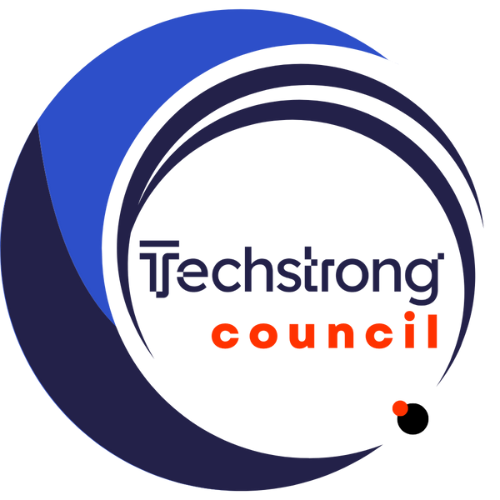When we first started talking about organizing an Infrastructure as Code conference, the common reaction was: “Does it really need its own event?”
After the inaugural IaCConf wrapped last week, I think the answer is pretty clear: absolutely.
We had over 2,800 registrations, 1,300+ live attendees, and nearly 1,000 companies represented. More importantly, the quality of conversation—from mainstage sessions to side chats in the workshop rooms—proved that the IaC community is hungry for something that reflects the real work they’re doing.
That work isn’t flashy. It’s about solving complexity, managing risk, and making infrastructure more maintainable across teams. It’s about the tools, yes—but also about the processes, people and tradeoffs that shape how those tools get used in the wild.
What Made This Event Different
IaCConf wasn’t built to be another vendor showcase or a catchall DevOps event. It was intentionally scoped to the practices and challenges of infrastructure as code: the details, the decisions, the real-world use cases. That focus paid off.
About a quarter of our attendees were brand new to IaC, and a hands-on workshop with Flavius Dinu and Emin Alemdar gave them a practical place to start. At the same time, nearly a third of participants identified as experts—folks leading IaC initiatives or managing sprawling multi-cloud environments. Sessions like Matt Gowie’s “Wrangling Platforms” catered to that crowd, digging into strategies for organizing Terraform modules and avoiding sprawl.
That balance—between helping newcomers and deepening the conversation for experienced practitioners—is something we’ll continue to prioritize. Because infrastructure isn’t one-size-fits-all. Neither is its code.
What Resonated
The most engaged discussions often centered on two things: AI and interoperability.
Patrick Debois opened the day with a keynote that explored AI’s emerging role in platform engineering. It was exactly what a keynote should be: a true conversation starter. People were talking about this topic for the remainder of the event. Some attendees were excited, others skeptical, and a few were openly critical of what they see in their day-to-day platform engineering worlds as AI hype with little substance. That tension was healthy. It underscored that while AI might shape the future of infrastructure tooling, the community still values grounded, testable benefits over conceptual buzz.
The other theme that kept coming up was tool interoperability. We heard a lot of interest in OpenTofu, Terraform alternatives, and frameworks that make it easier to plug different tools together without getting locked into any single one. That flexibility is appealing, especially as teams mature and want the freedom to evolve without rewriting everything from scratch.
But there’s a real risk here, too. As one attendee put it during a panel chat, “Flexibility can turn into fragmentation if you’re not careful.” Juggling three or four IaC tools might work short-term, but it can also erode governance, increase onboarding complexity, and slow delivery. The answer isn’t fewer tools—it’s better patterns, clear contracts and shared guardrails. That’s where community conversations can really help.
Anyone can sign up to view the recorded sessions, here: https://www.iacconf.com/#
The Human Side of Infra as Code
I wasn’t expecting the sheer volume of feedback we got—270+ survey responses and a Net Promoter Score of 75. A few comments stuck with me:
“Fantastic conference. The sessions were jam packed full of expert advice and not just getting started advice you can get in a million places online.”
“After this conference, I don’t feel like an alien anymore. Infra guys live amongst us, thanks y’all.”
“It was refreshing to actually join a conf like this and not be sold to the whole day.”
That last one matters. People are tired of thinly veiled commercials. They want substance. They want community. They want to know how others are navigating the same thickets of policy enforcement, platform sprawl, and versioning headaches that they deal with daily.
That’s the kind of space we tried to create—and judging from the response, it’s one the community wants to keep building.
Where We Go From Here
A lot of attendees asked, “What’s next?” We’re exploring a few options that were suggested: local IaCConf meetups in cities like Boston, co-located events alongside bigger conferences like AWS re:Invent, a dedicated Slack channel for community discussion, and quarterly virtual sessions with smaller, tighter formats.
The common thread is this: the appetite for community-driven IaC discussion is real. It’s not about big product launches or trend-watching from 30,000 feet. It’s about sharing what works, surfacing what doesn’t, and helping each other evolve toward more resilient, scalable infrastructure.
Whether you’re just writing your first HCL block or managing platform automation for a thousand engineers, you’re part of that evolution. And there’s a lot more to explore—especially as we bring new ideas (and new people) into the fold.

